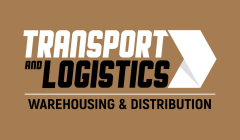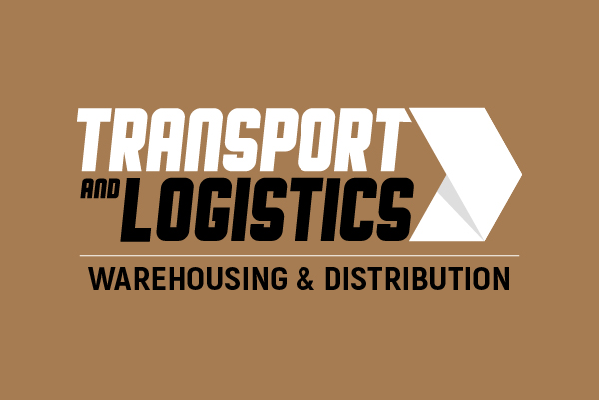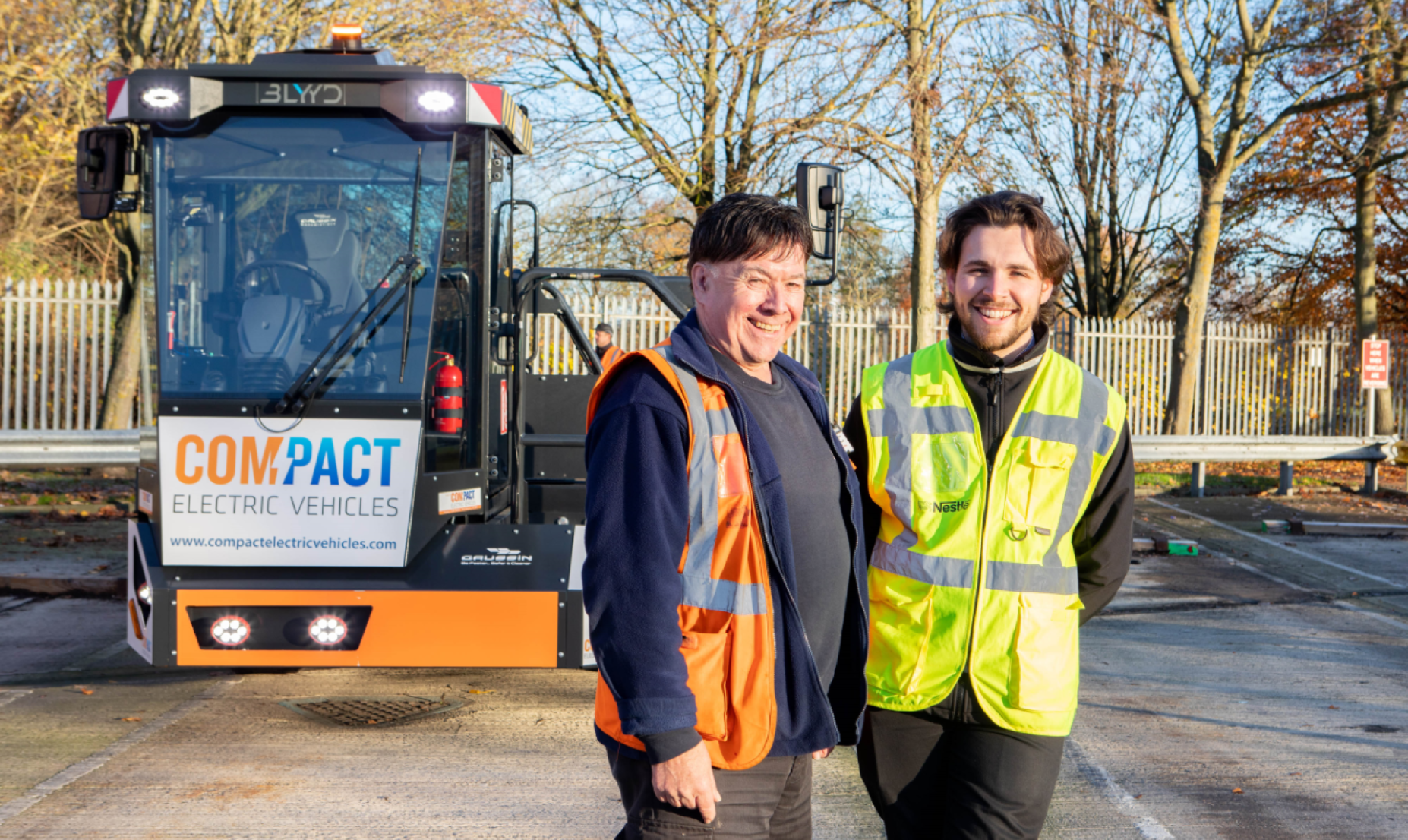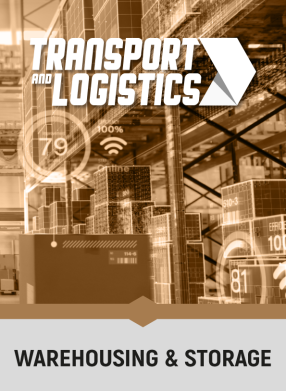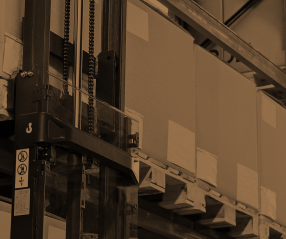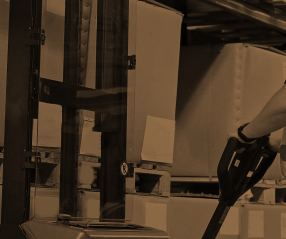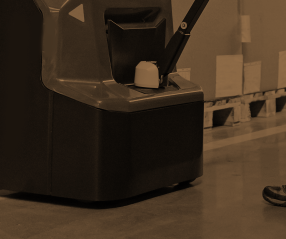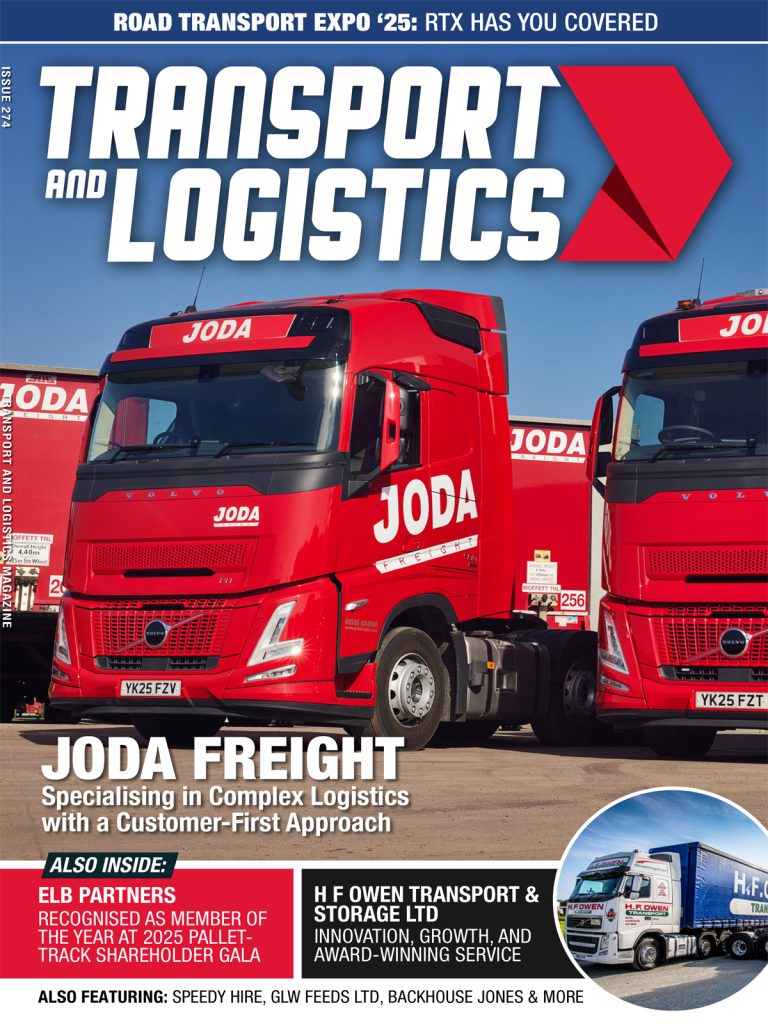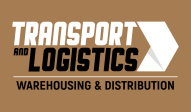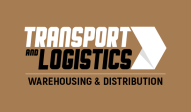Confectionary manufacturer Nestlé UK & Ireland has launched a trial of an electric shunter at its York site as part of plans to eventually replace the diesel shunters across its UK depots and reduce its carbon footprint. The Gaussin Electric Shunter, which is being used in the two-week trial, features battery-swap technology as well as the facility to charge opportunely.
The ability to switch between charging methods ensures the electric shunter can be available on-demand across the dynamic, operational site.
Joe Hurst, transport project specialist at Nestlé UK and Ireland, has been working closely with the company’s physical logistics teams to bring the trial to life. “We’ve just begun a two-week trial of a Gaussin Electric Shunter through its sole UK importer Compact EV. It’s an excellent opportunity to explore the use of electric vehicles on Nestlé’s York campus and has an important part to play in our sustainability roadmap and our journey towards net zero,” he said.
“Getting the trial up and running wasn’t without its challenges. This is new technology to the York site, and we had to ensure the safe implementation of the trial without impacting day-to-day operations. The physical logistics team has been key to ensuring the trial runs smoothly and of course, our shunter drivers who have undertaken new training and will be driving the electric vehicle throughout. I would like to say a huge thank you to everyone who has been involved in this project so far. I hope everyone is as excited as I was to see the vehicle in action on site,” added Hurst.
This trial is one of a number of ways Nestlé is looking to reduce its carbon footprint. Earlier this year, the company switched 75% of its owned fleet of trucks from diesel to Bio-LNG. In May, Nestlé also unveiled plans to increase freight capacity on trains to allow the double-stacking of its products.
In addition to the trial at York, Nestlé currently has one electric shunter vehicle in operation at its cereals sites in Bromborough, facilitating the movement of raw materials, packaging, and finished goods. Nestlé said it has been exploring solutions to reduce its carbon emissions in its transport and logistics network since 2017. It added that the move is another step towards its commitment to halve its emissions by 2030 and reach net zero by 2050.
Transport and Logistics Magazine | The Home of Transport Industry News
